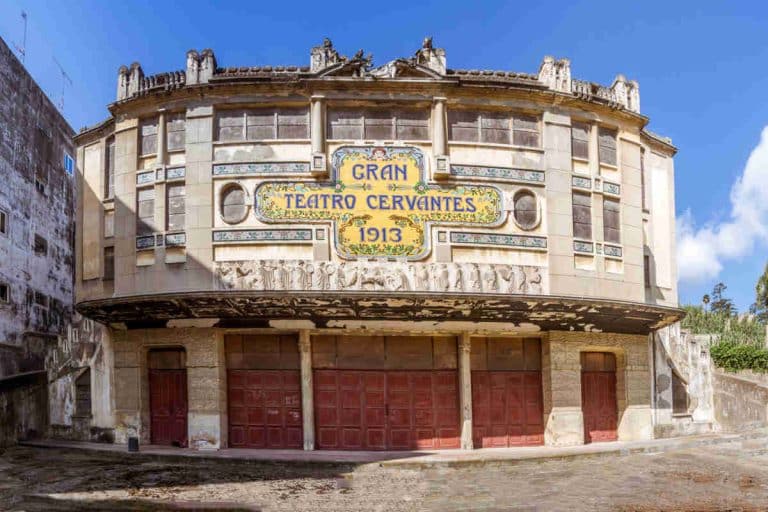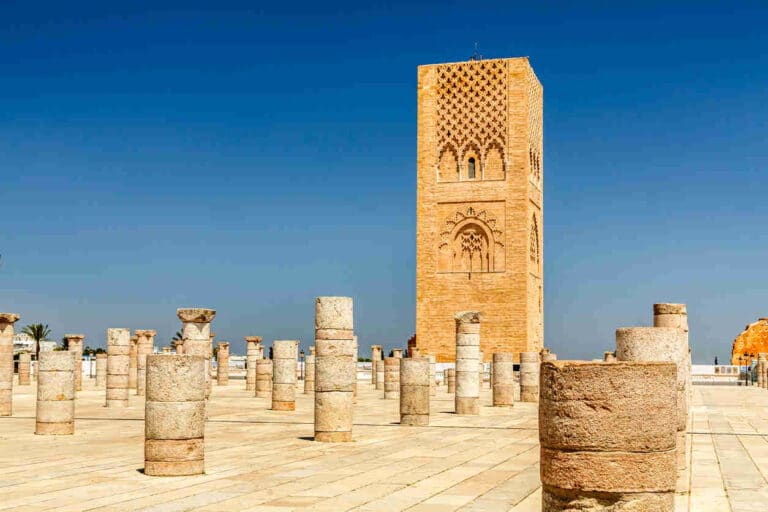Is Morocco for vegetarians and vegans? That is a question that many people who do not eat meat ask themselves when considering a trip to this country. And in this post, we answer that question, from a objective approach and giving ideas about the diet you can follow here during your circuit days.
Meat-free Dishes in Morocco for Vegetarians
The fundamental aspect to take into account is whether Moroccan cuisine can adapt well to a vegetarian or vegan diet. And the answer is “yes.” In fact, many of the traditional dishes of the local cuisine do not contain meat, a sign of the humble selection of ingredients that many families had to adopt, considering meat little less than a luxury for their palates.
In this sense, vegetables and cereals are the true base of traditional Moroccan cuisine, with special mention of eggplants, tomatoes, carrots, and onions in the first case, and products made with wheat flour or semolina in the second case, highlighting couscous as a great icon of local cuisine. The legumes, for their part, also have a notable presence, such as chickpeas, broad beans, or lentils.
In addition, fruits are also fundamental in the Moroccan diet, and not only as a loose snack or raw material for juices: they are also used in other preparations such as pickles (lemons) and as additional ingredients in other dishes such as couscous and tagines, with the date being the main example of this. And of course, we cannot forget the great presence of nuts in the country’s gastronomy, such as almonds or pistachios. All of this, by the way, seasoned with countless spices (ras el hanout) that make any dish more flavorful.
Moroccan pastries, as is logical, also open a great gastronomic door to vegetarians and vegans, as few sweets lack lard (prohibited in the halal diet) in their preparation, and neither are there many that contain dairy products such as milk or cheese.
Taking all this into account, some iconic dishes that do without meat, fish, and even their derivatives can be mentioned, making them also suitable for vegans:
- Bissara: broad bean cream
- Hummus: chickpea cream
- Zaalouk: ratatouille with a predominance of eggplant
In addition to these examples, it is worth mentioning that the two most common dishes, couscous and tagine, have their corresponding vegetarian versions, in whose list of ingredients there is no presence of meat or fish. And the same can be applied to the p Berber pizza.
In any case, beyond these traditional dishes, there are many restaurants that adapt their menu to vegetarian and vegan customers, with a clearly differentiated section in the list of dishes. Some places are even 100% vegetarian or vegan. They are easier to find in the most modern cities with a greater presence of tourists, such as Marrakech or Tangier.
And beyond the Food?
Vegan travelers may be interested in other aspects that go beyond food, as their philosophy of life also includes the renunciation of other products of animal origin, not strictly food-related, such as clothing or perfumes.
In this sense, it should be said that much progress is being made in animal welfare, although there is still a long way to go. So they will have to have patience and temperance to assimilate scenes that still survive, such as the presence of Barbary macaques in some markets, snake charmers, or pack mules. And of course, countless products made with animal skin, as this country is distinguished by the quality of this type of craftsmanship.




